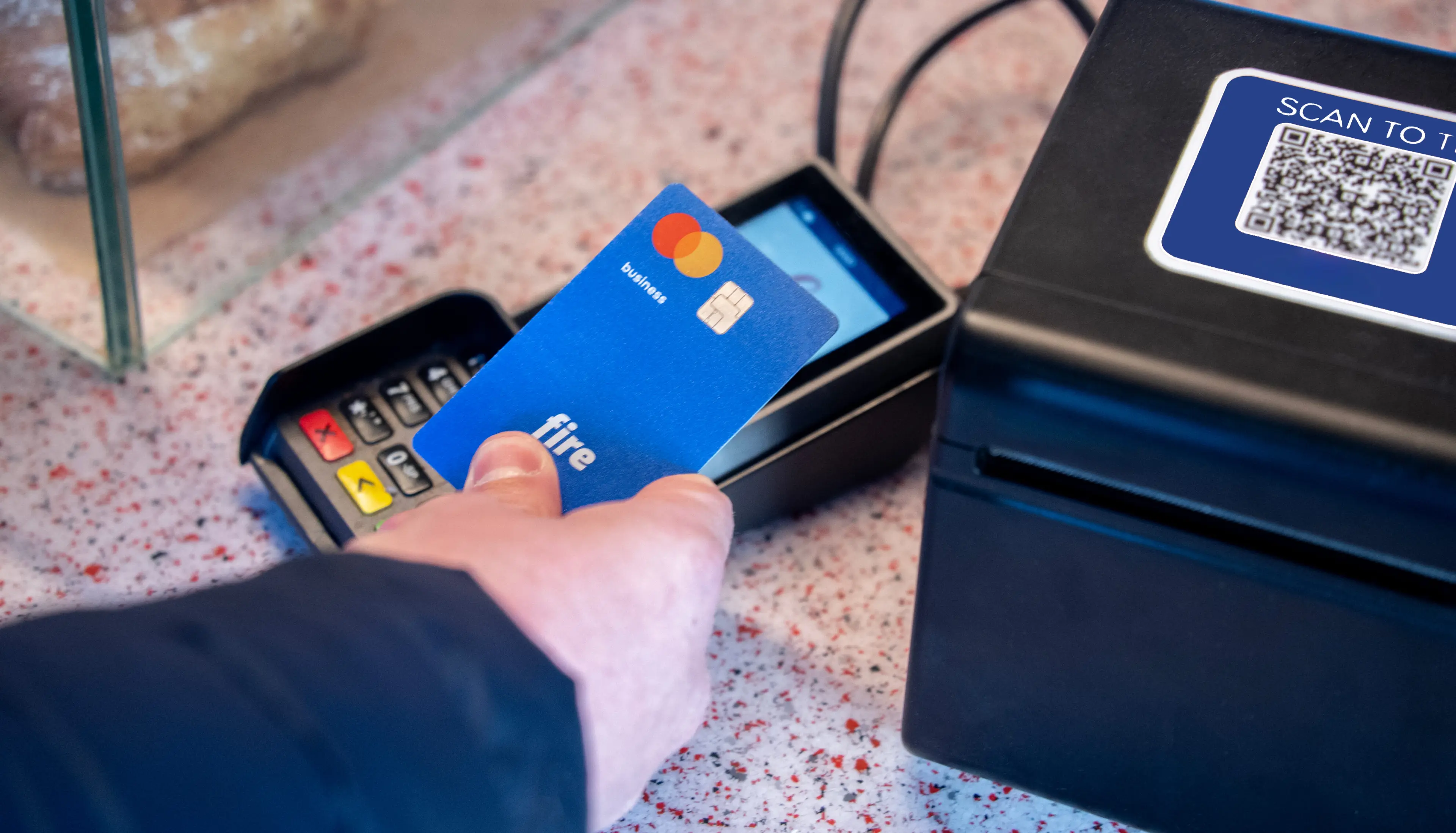Selling into the eurozone? Simplify your payments and cut costs with a dual sterling & euro account

If you are a UK business that regularly sells into the eurozone as part of your business model, or occasionally receive an invoice euro, having a pool of funds in the relevant currency to trade with will not only allow you to avoid foreign exchange fees, it should also speed up the time it takes you to settle transactions. Across the UK there has been a steady increase in business customers opening euro accounts, with June 2017 seeing HSBC experience a 23% uptick in one month alone. The increase has in part been attributed to Brexit, as UK companies prepare for a future where they may have to trade domestically and in the EU in very different ways.
How to get a euro account
There are a number of options for getting your business set up with its own euro account. The traditional route would be to enquire with your high street bank. Most of the major institutions offer international accounts for business customers. However there are now numerous competitive options offered by “fintechs” (financial technology companies). These smaller, digital-first organisations are regulated, and are more agile in the way they operate and have less overheads with no physical branches, meaning their euro accounts are often cheaper and come with special features not yet offered by the larger banks.
Questions to ask providers as you shop around for a euro account
- What is the fee structure?
Fees for foreign currency accounts may include set monthly fees or fees for processing incoming/outgoing payments. Some providers may require you to carry out a certain level of transactions every year. - Is there a minimum held threshold?
Often providers will request that you hold a certain amount of funds in your account and will charge you if your total held dips below this amount. - What rate do you offer for foreign exchange?
Look for a euro account provider that offers the mid-market exchange rate and transparent, competitive pricing for foreign exchange services. Oftentimes fees aren’t communicated upfront and are added later as a markup. Ask for explicit information before opening the account and avoid unexpected charges later down the line. - What compensation guarantees do you offer?
Enquire about compensation and how your account will be protected should anything happen to the provider. You should determine whether your cash will be ring-fenced in a protected space and decide which level of risk is appropriate for your company.
The benefits of a euro account
A euro account will allow you to bill your customers and get paid in euro. It also enables you to avoid some foreign exchange fees if you have both incoming and outgoing euro streams. If your customer pays you in euro, you can use these funds to pay for any outgoings in euro, or you can hold the funds in euro. Other benefits of a euro account include increased settlement times and greater insight over buying behavior in international markets.
No setup or monthly fees with a fire.com euro account
With the fire.com business account, you can set up multiple euro and sterling accounts to receive and make payments – providing another way to further separate funds. Each account comes with its own account number & sort code or IBAN, and can be controlled centrally from your account. You only pay as you transact – there are no monthly or annual fees – and the foreign exchange rate is set at the mid-market level, so you know you’re always getting the best deal. If you need to pay and get paid in euro, a fire.com account is a great fit.




